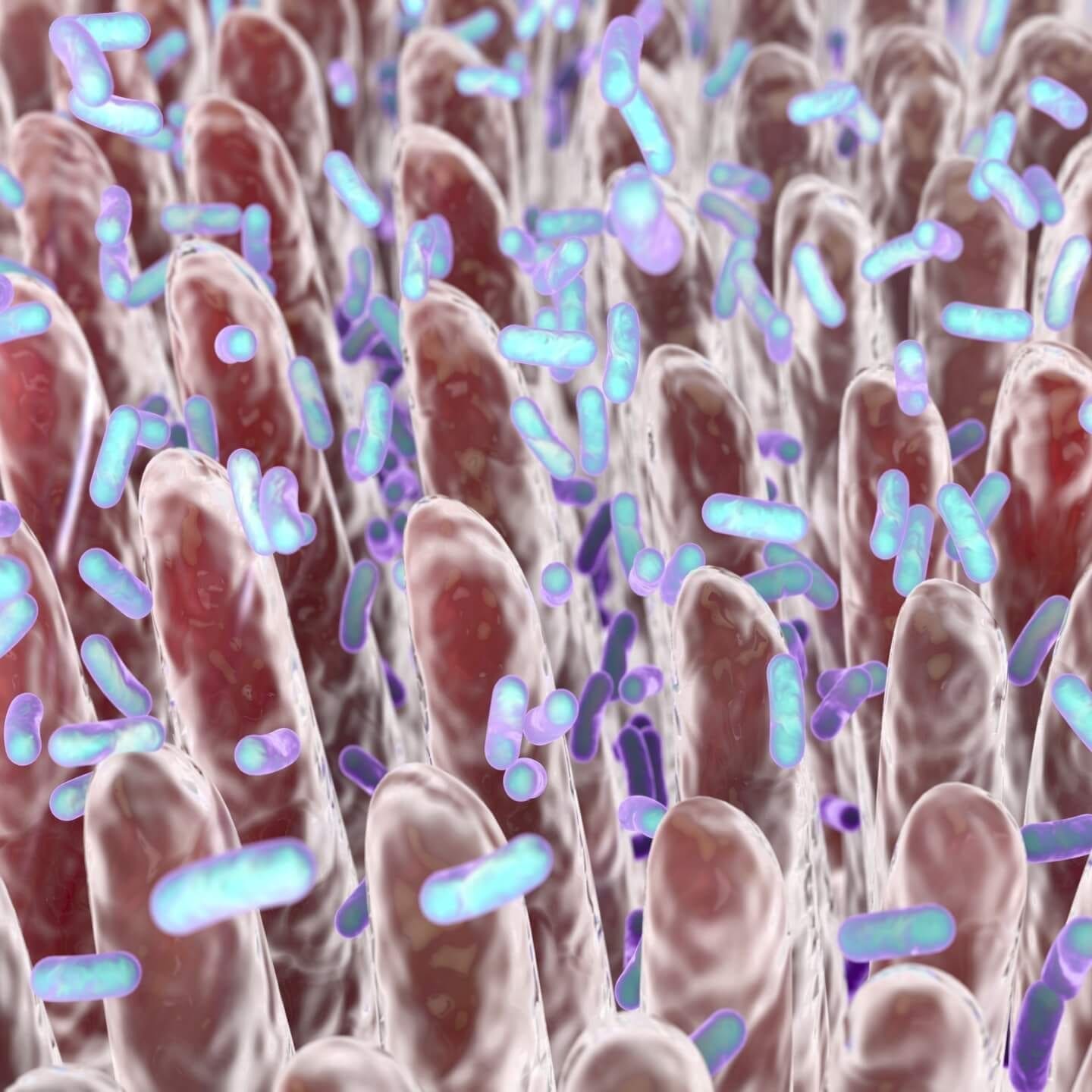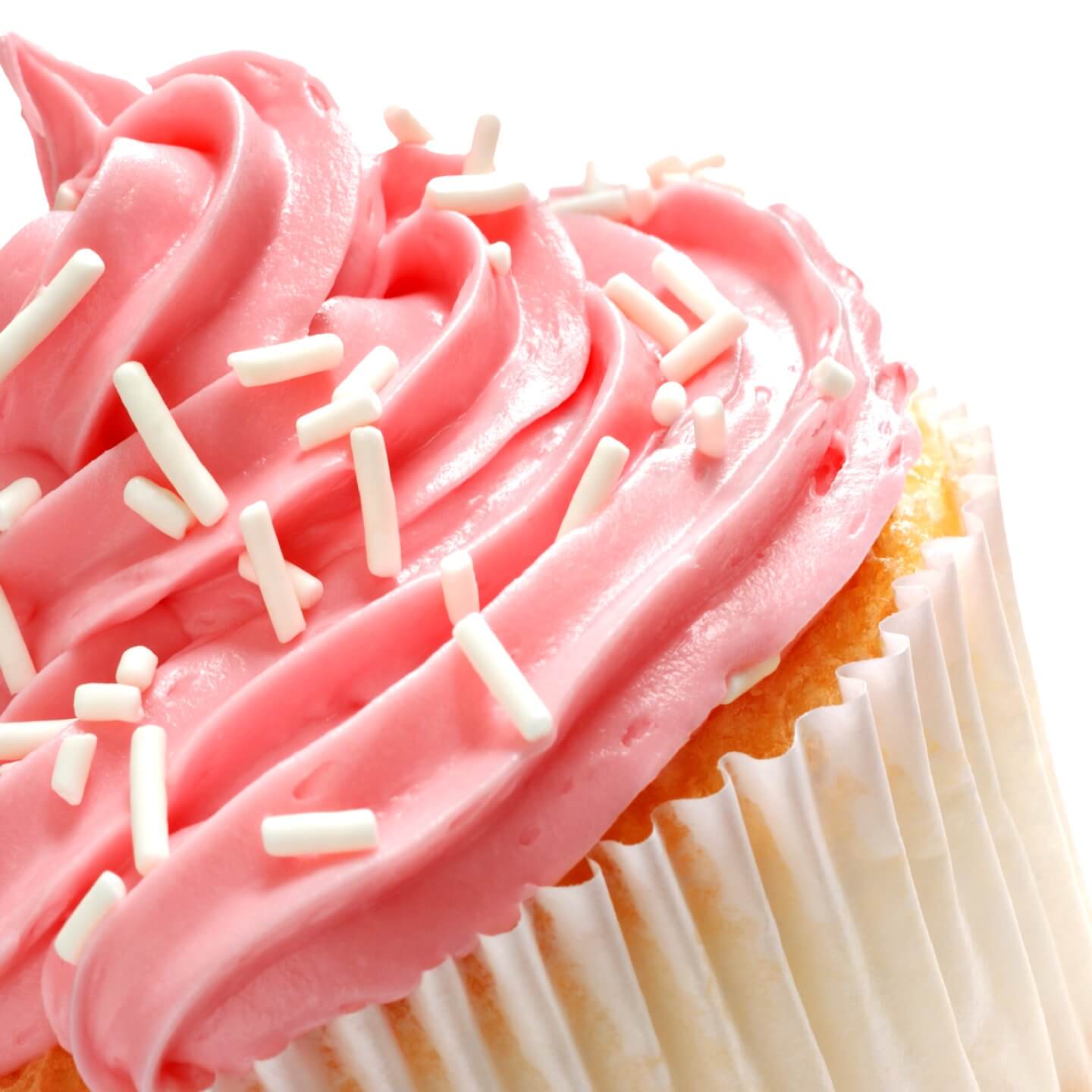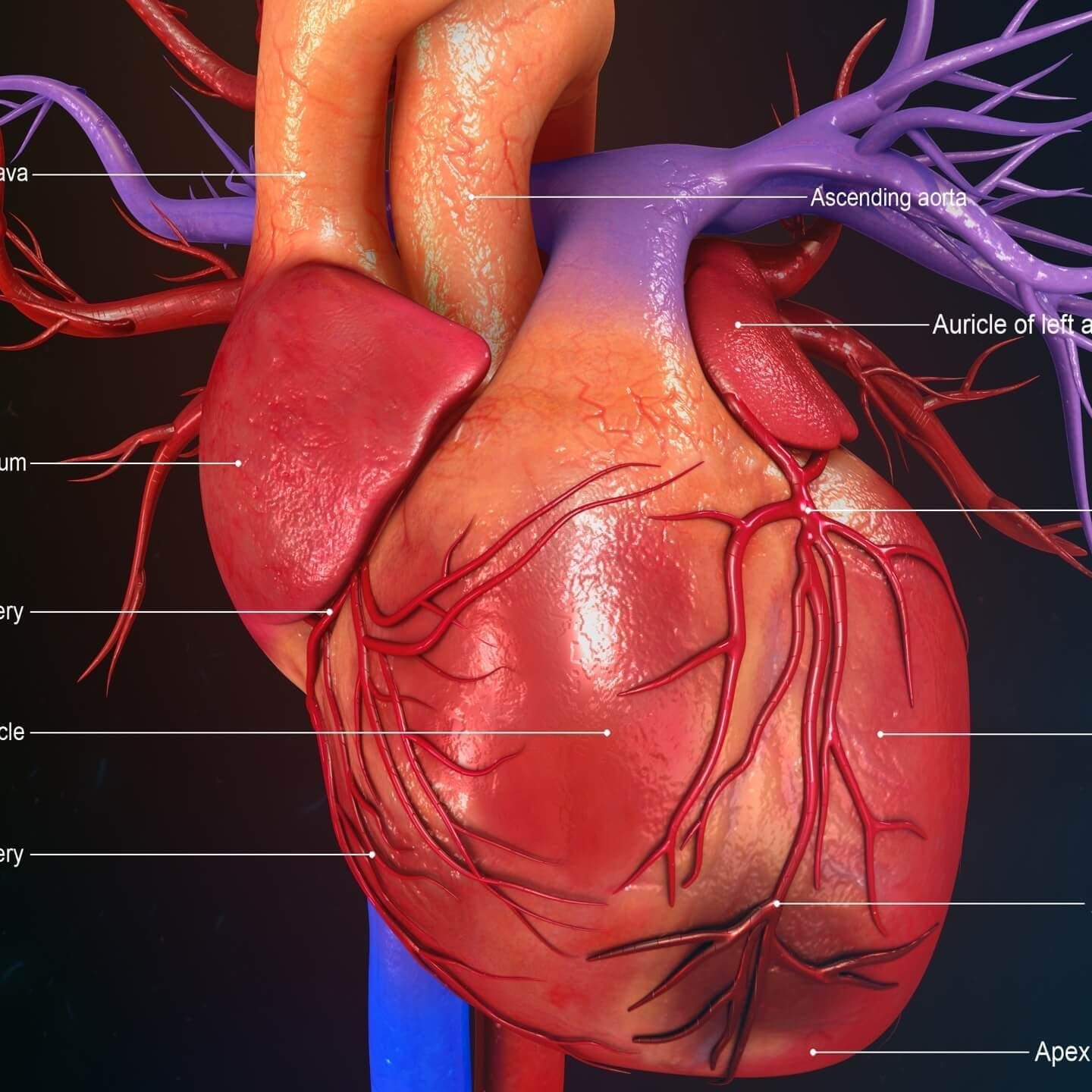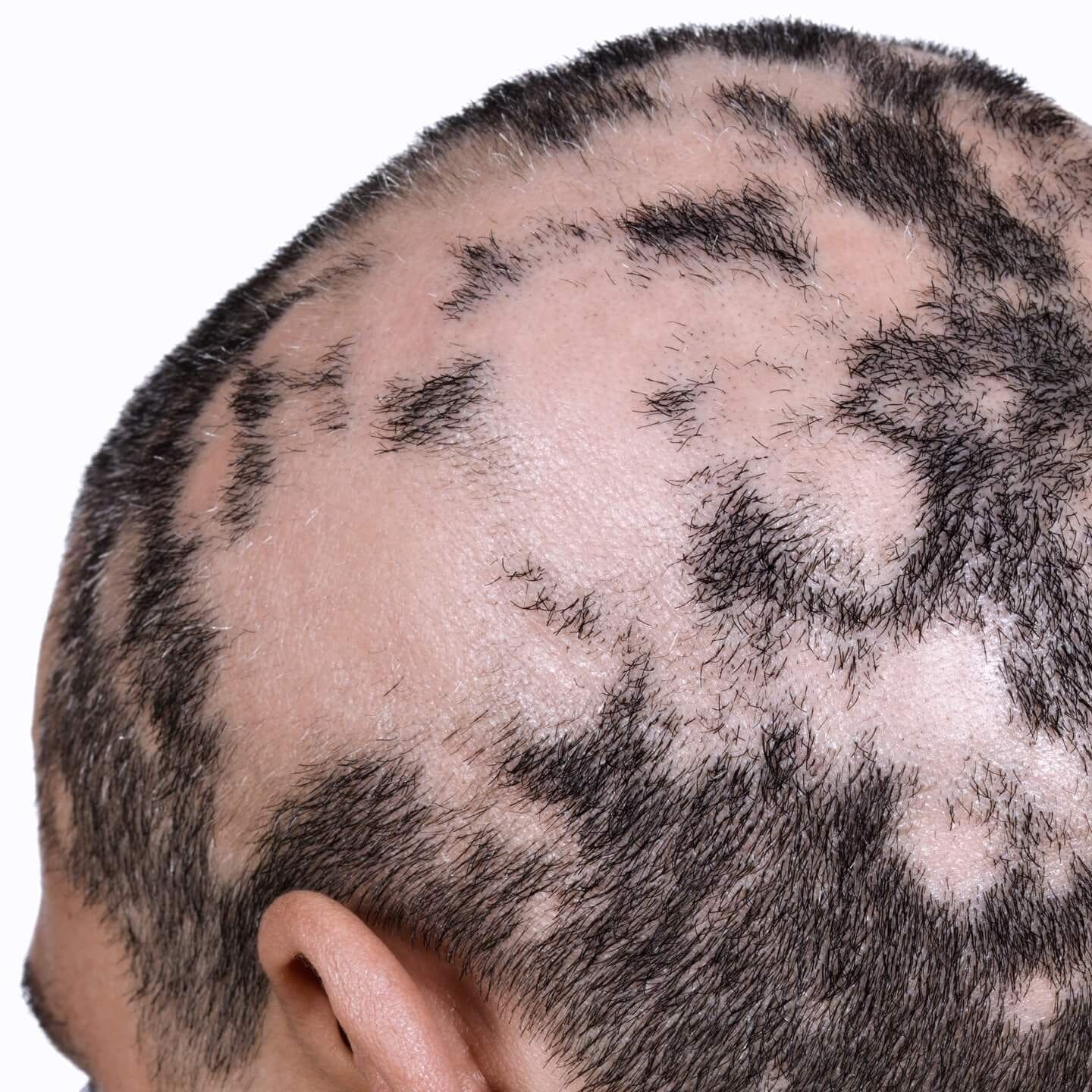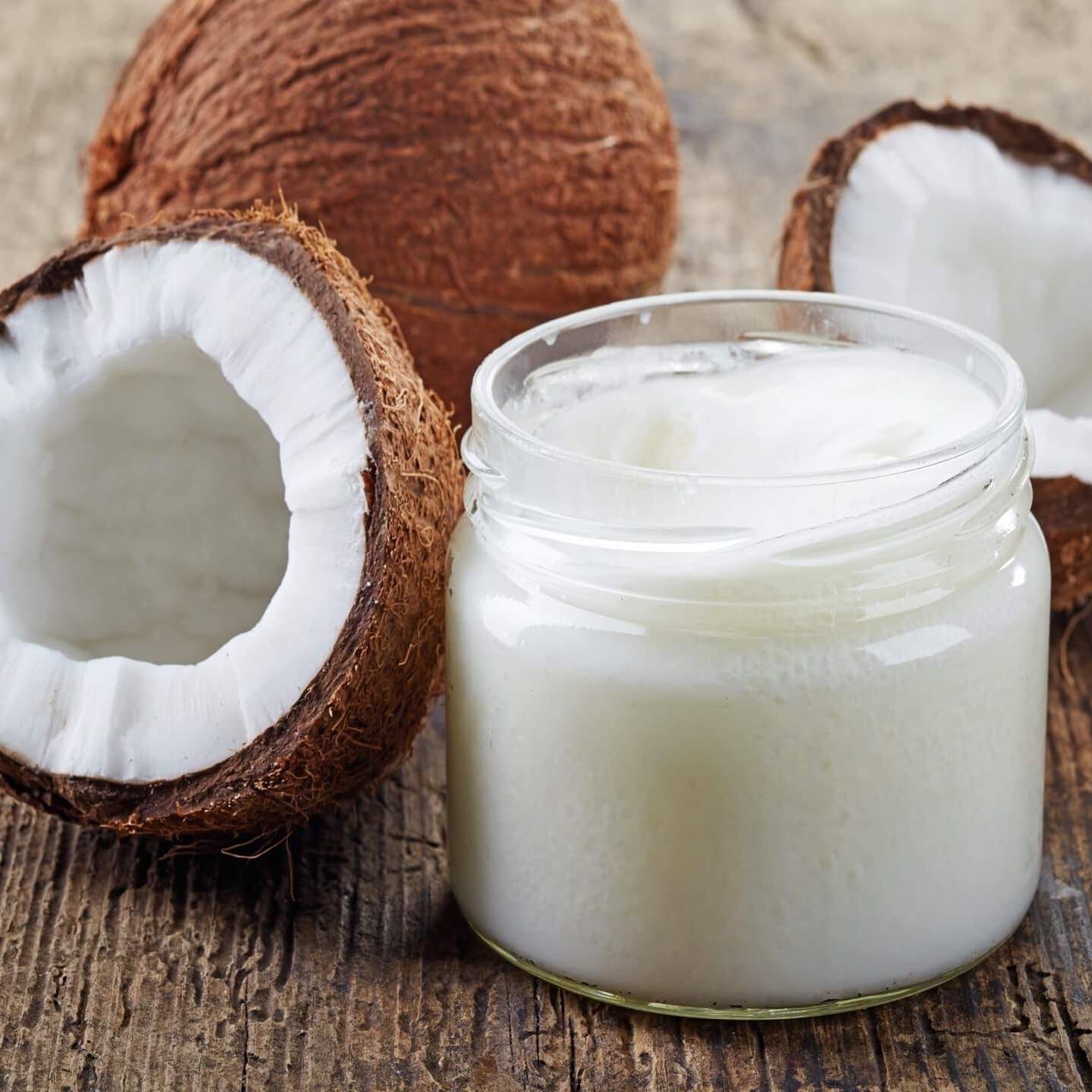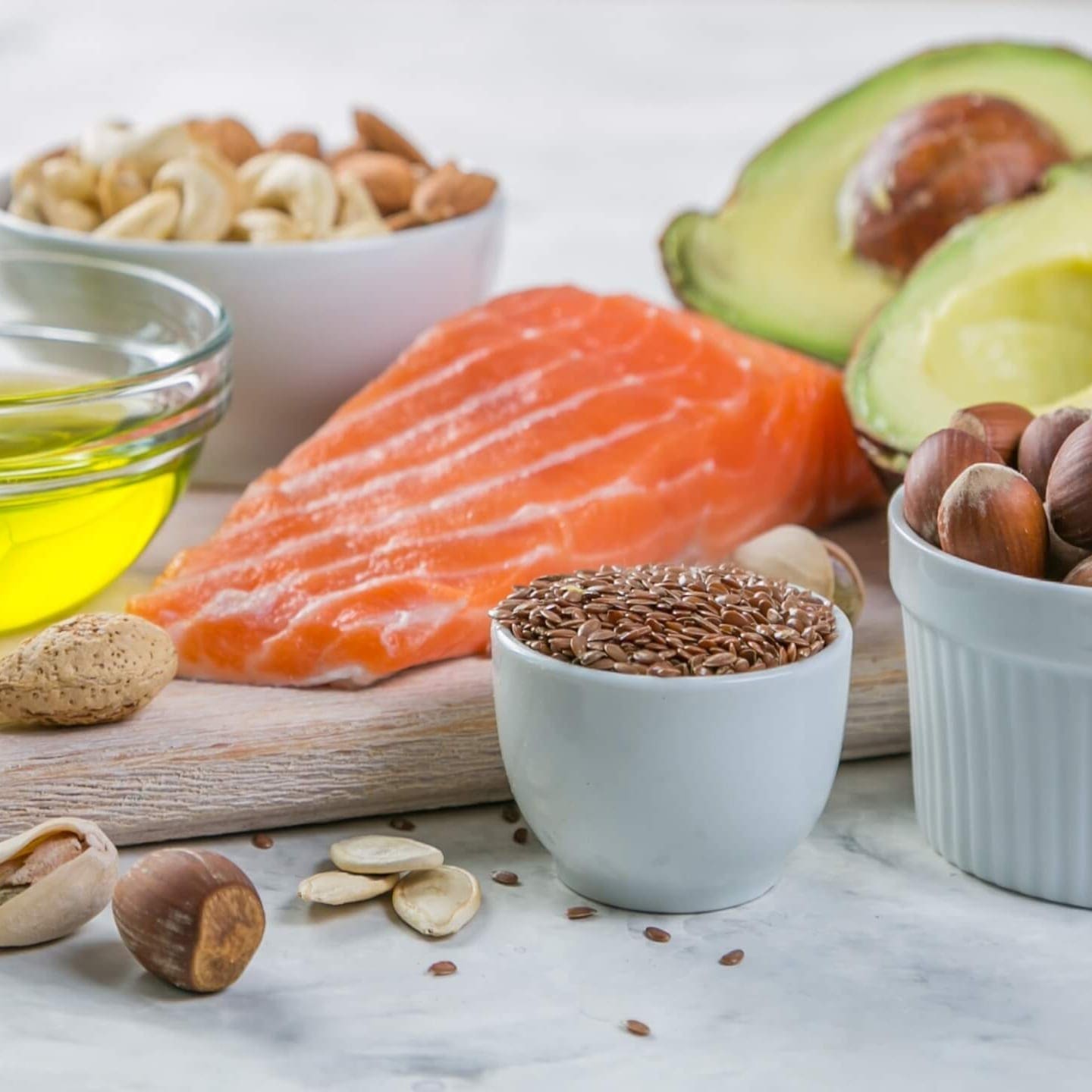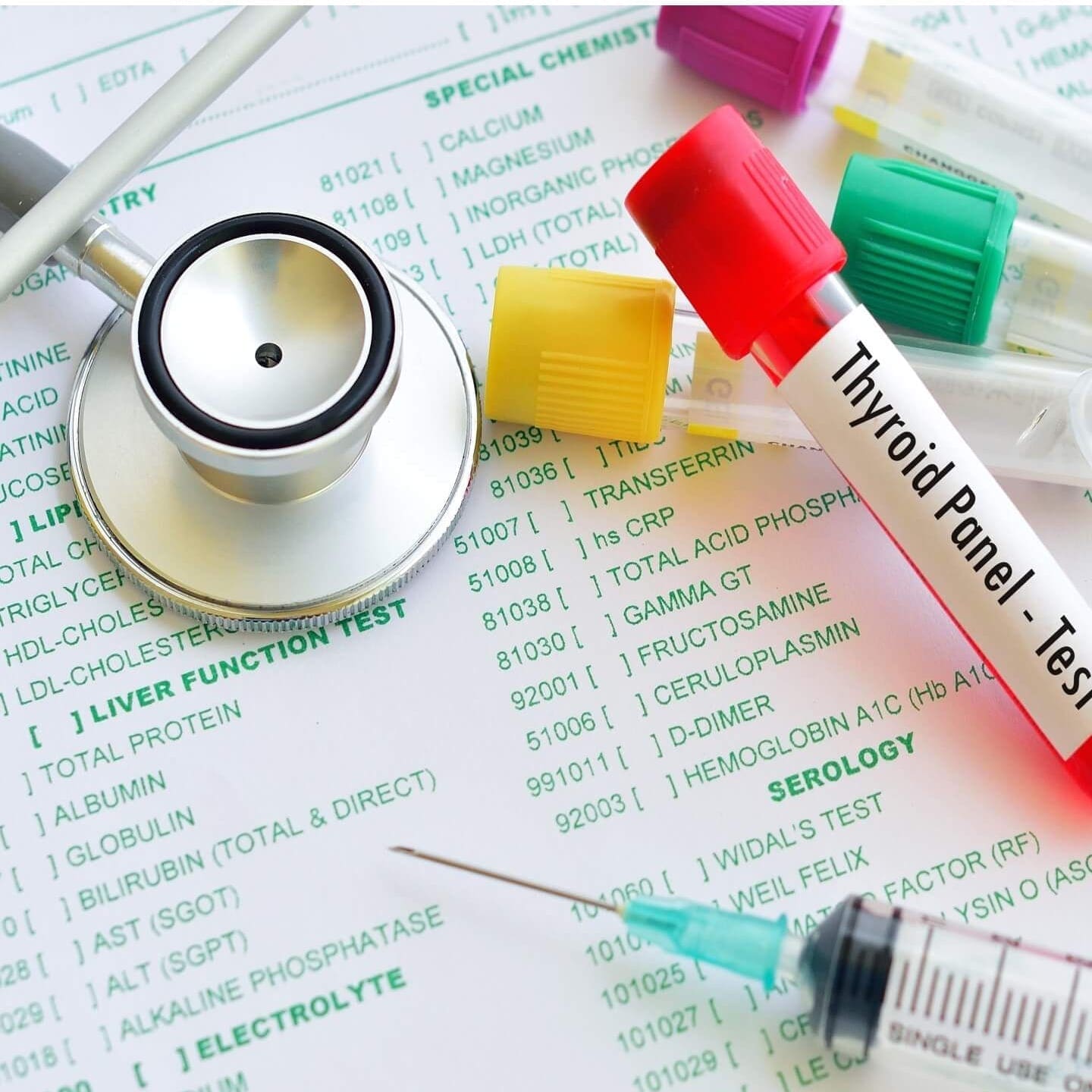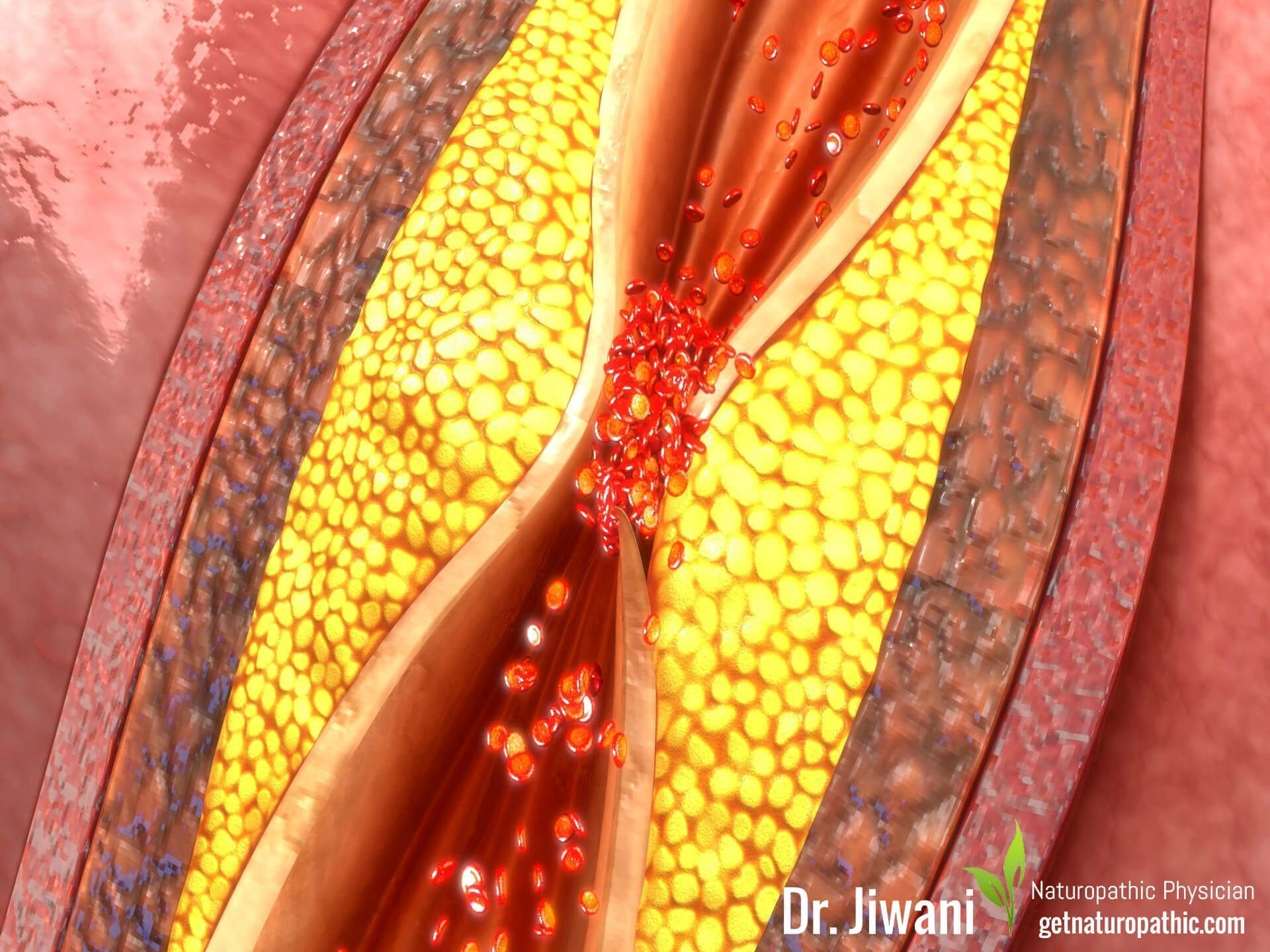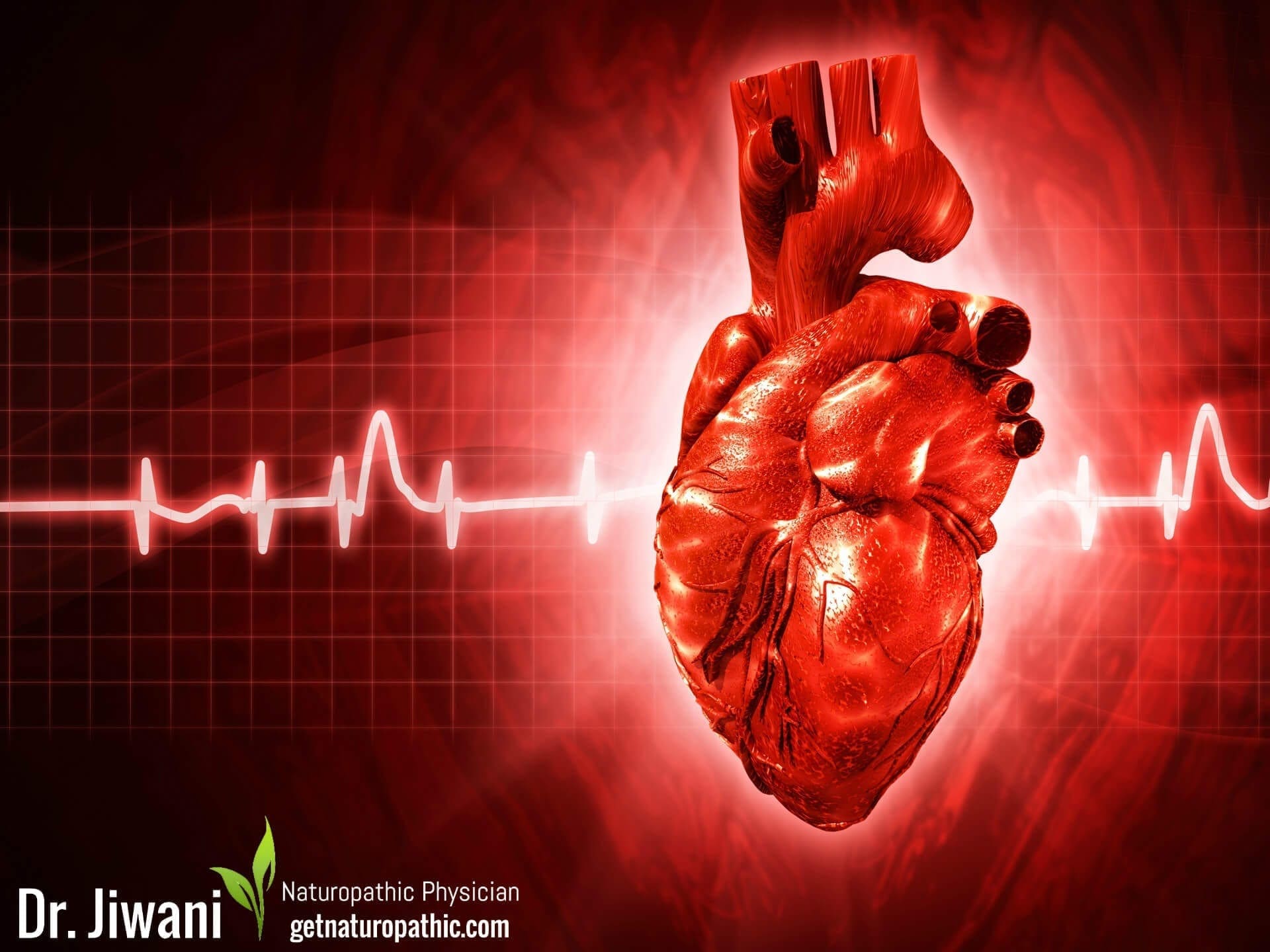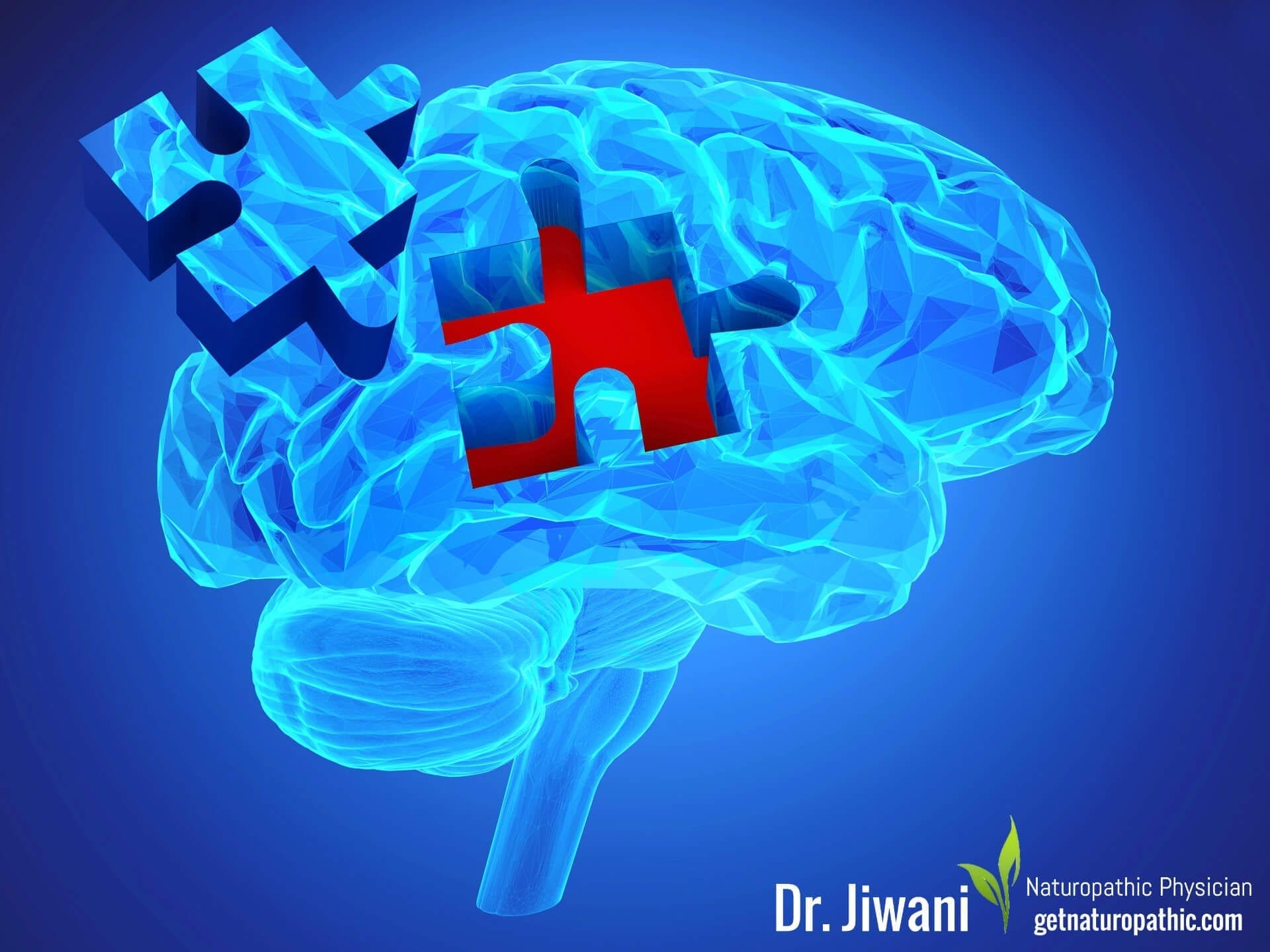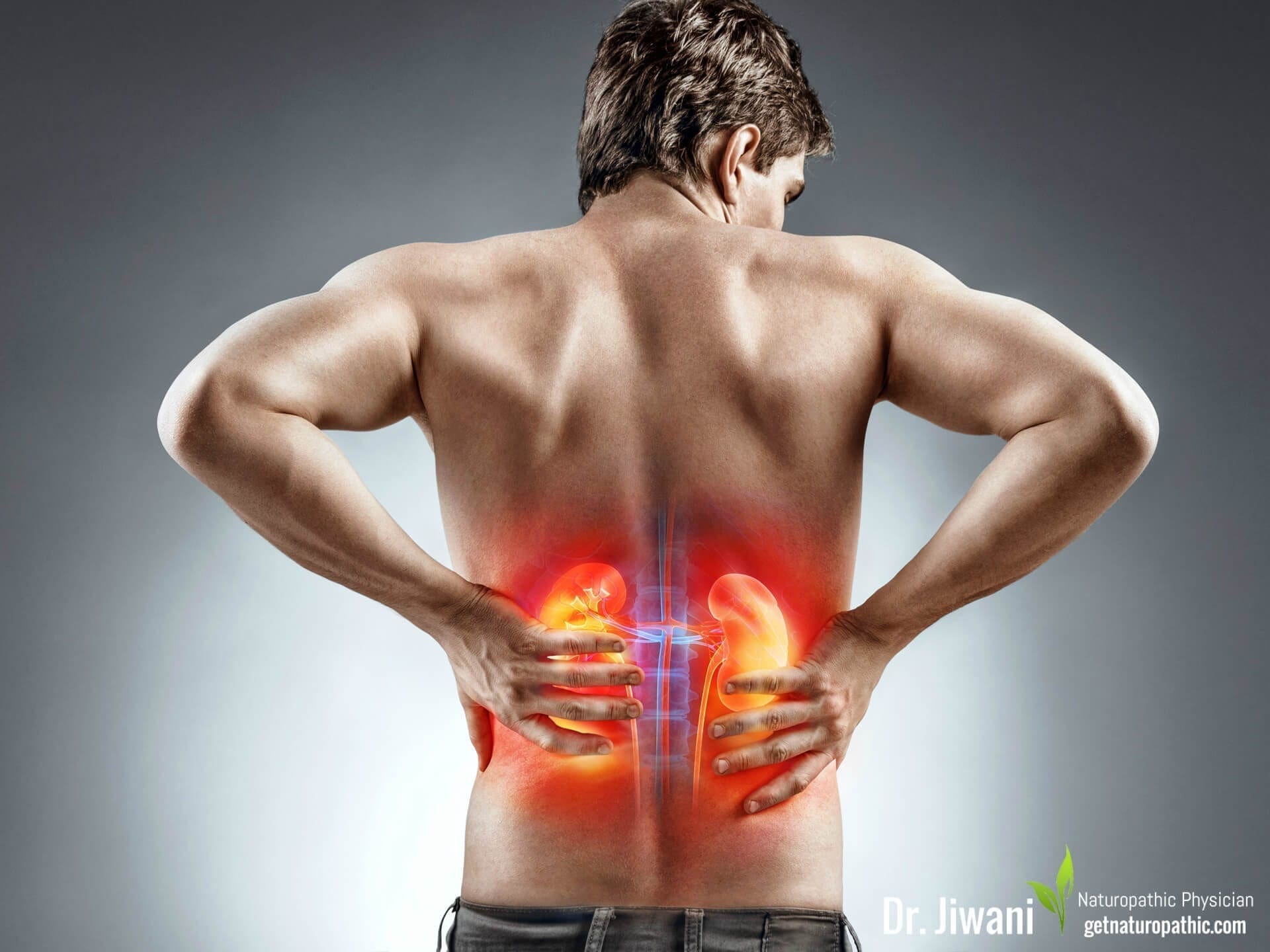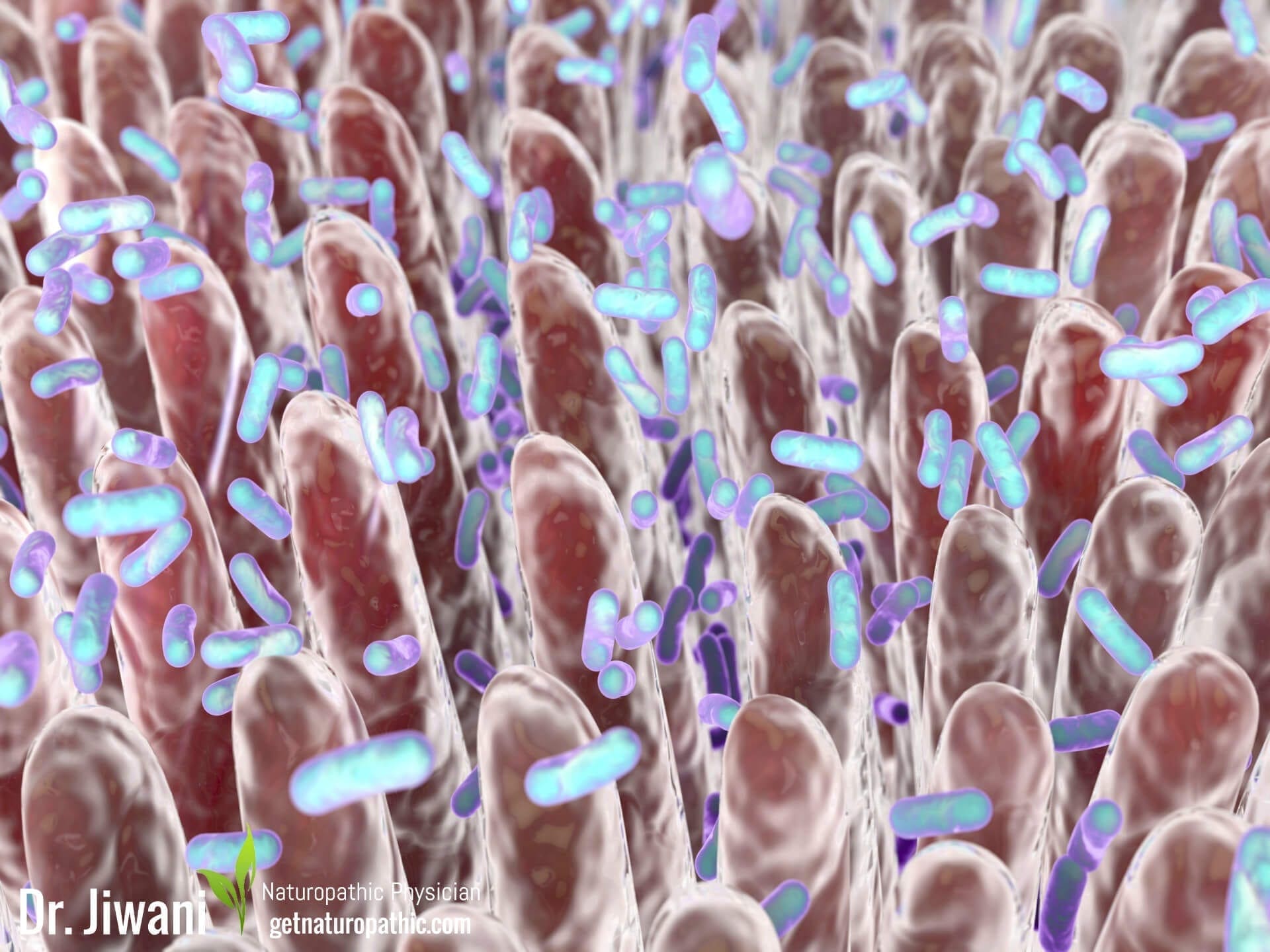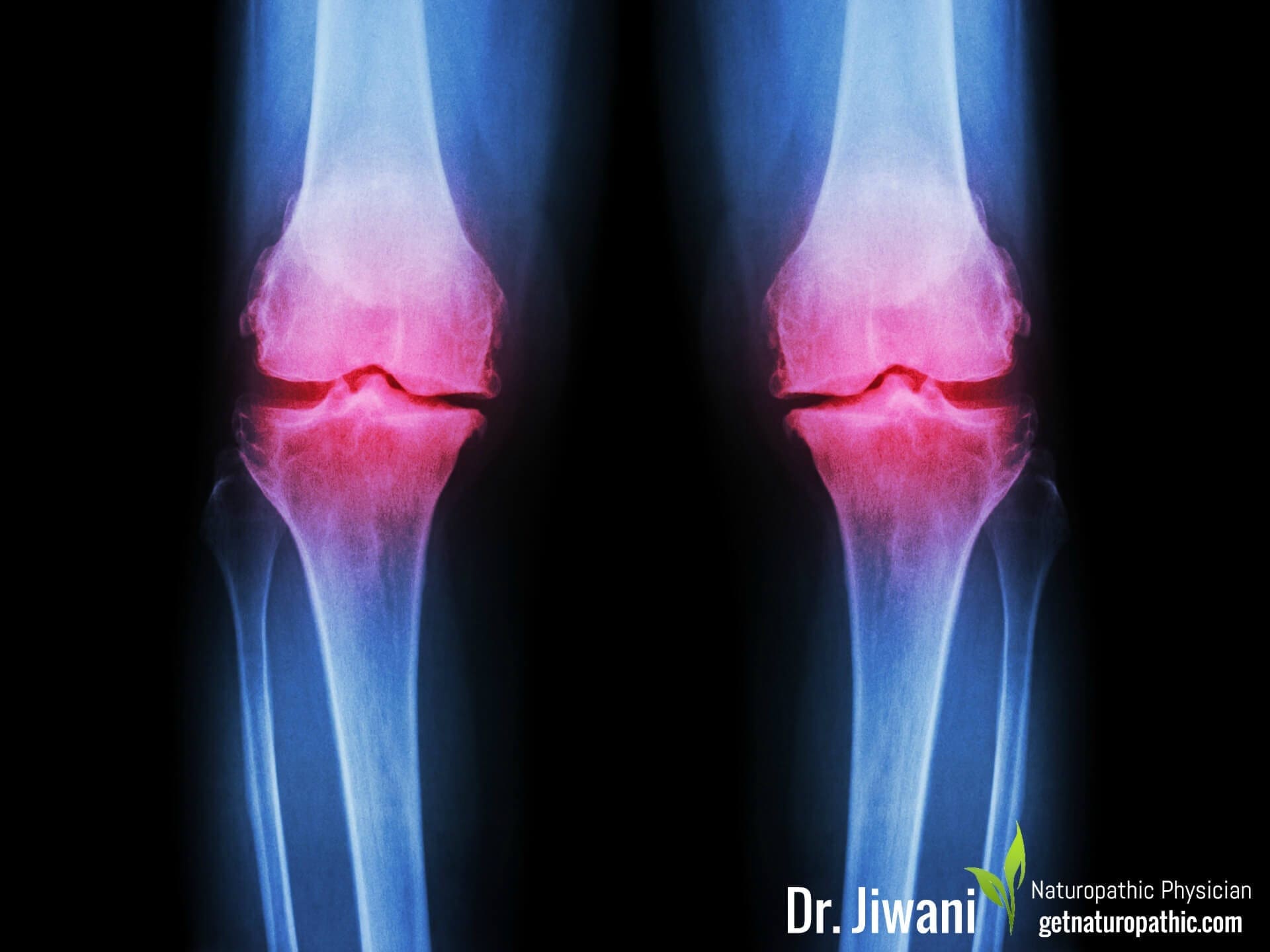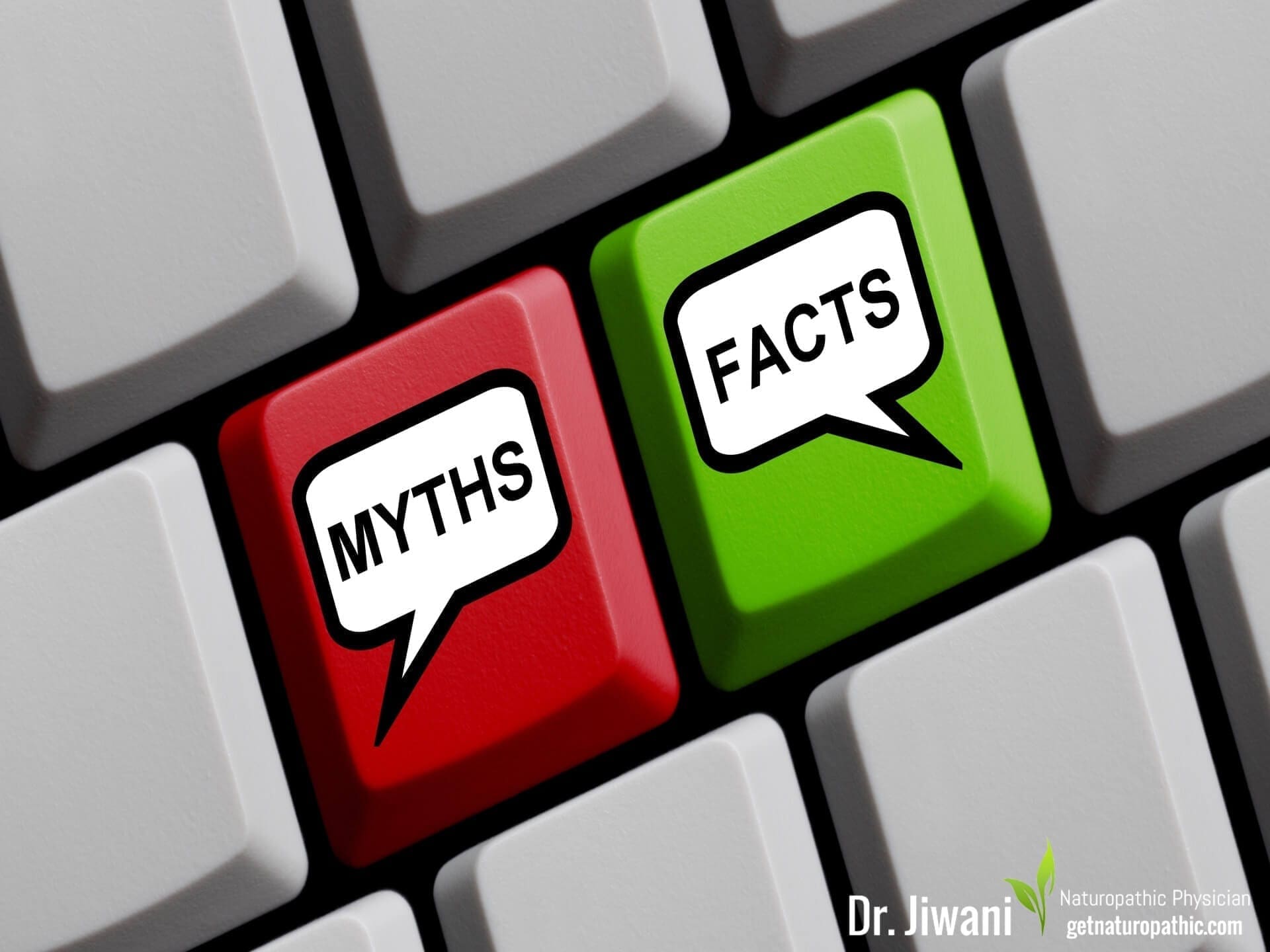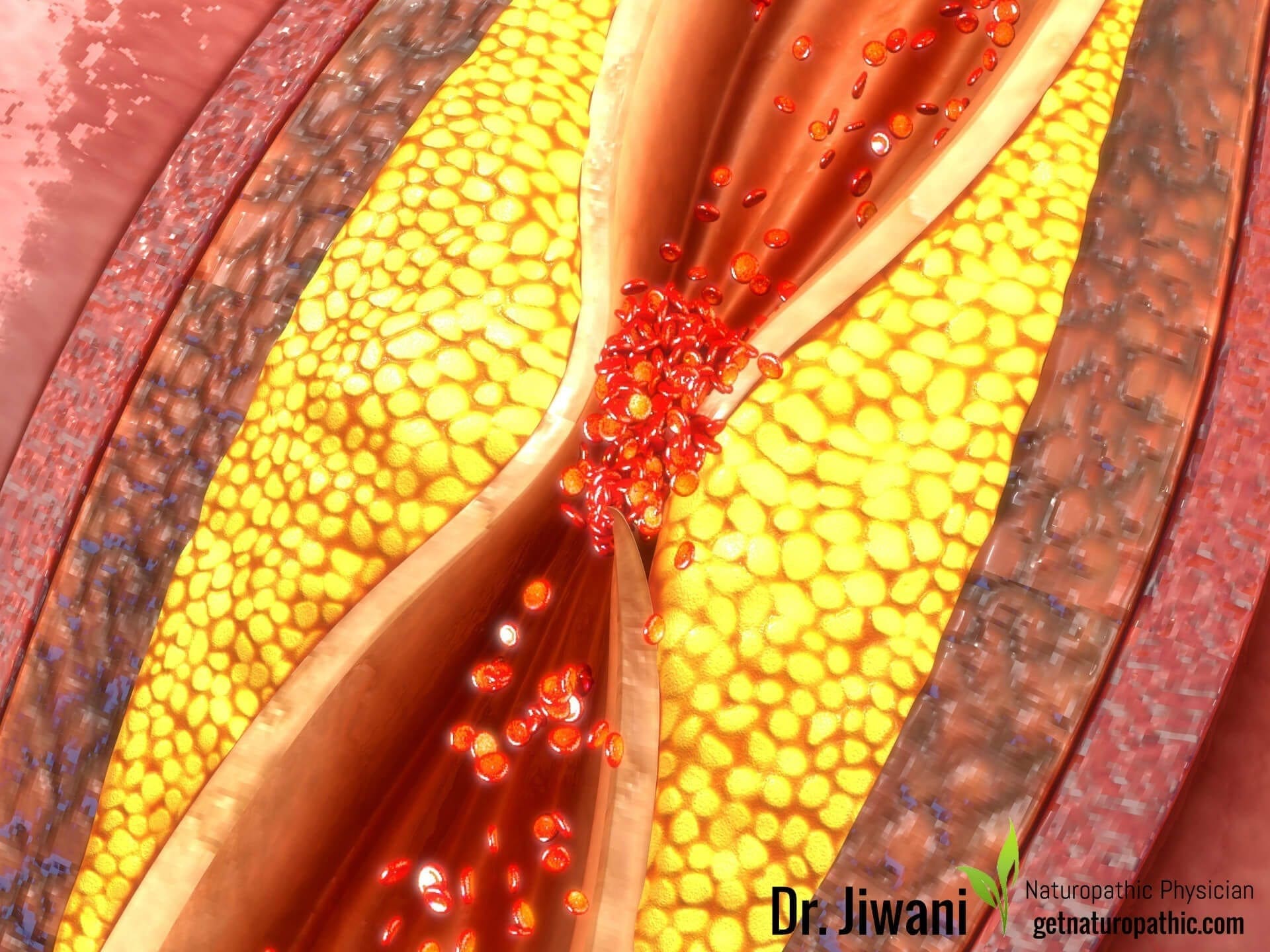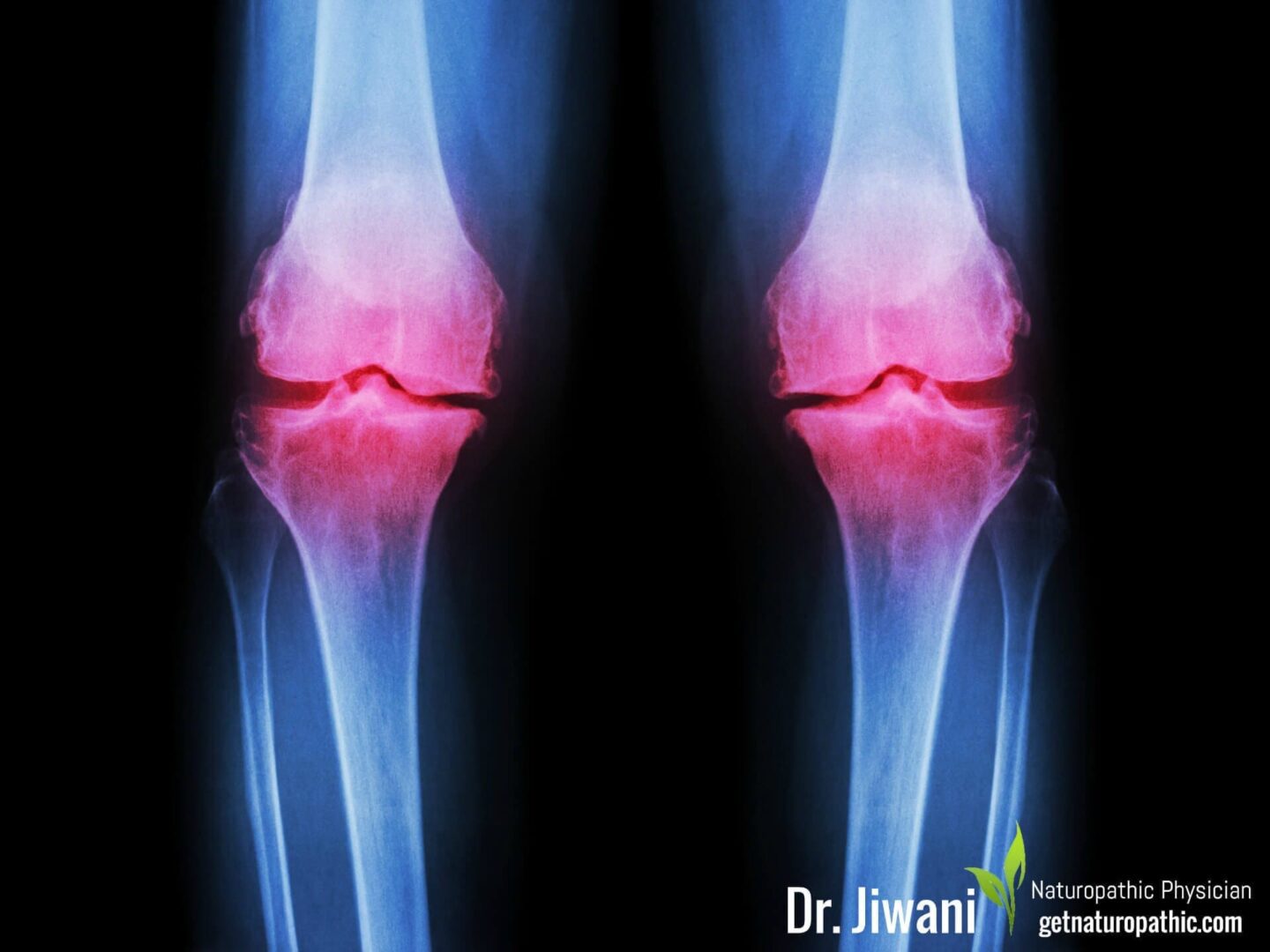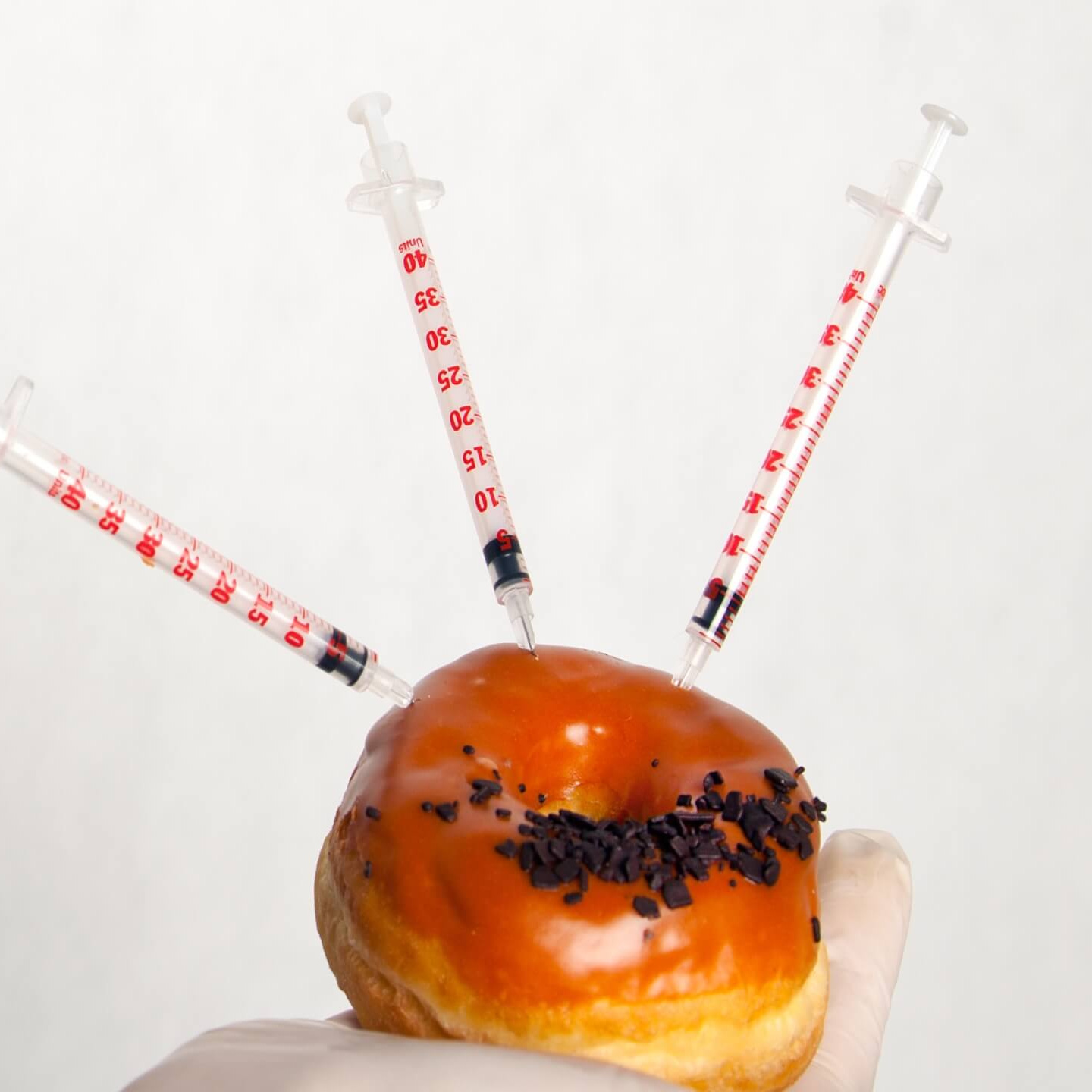Home »
Popular Posts
Keto Diet Myths
Naturopathic Nuggets about the Ketogenic Diet
- The Ketogenic Diet is a century old remedy for epilepsy, that is now proven neuroprotective, affecting other neurological disorders including Alzheimer’s & Parkinson’s Disease.
- The Ketogenic Diet has been researched to improve many conditions including Acne, Autoimmune Diseases, Cancer, Diabetes, Heart Disease, Metabolic Syndrome, Polycystic Ovary Syndrome (PCOS), Traumatic Brain Injury & Concussions and Obesity
- A ketogenic diet consists of 70% healthy fats, 25% quality protein and 5% carbs to trigger ketosis for optimal fat burning and weight loss.
- To reach ketosis it is critical to avoid eating too many carbs or too much protein as either can become fuel for the body & brain. The key is to minimize carbs and increase fat to promote fat burning but prevent starvation which would cause muscle wasting.
- Side effects of ketosis include constipation, diarrhea, heart palpitations, keto breath, keto flu, leg cramps, reduced stamina & fitness. They are often the result of dehydration and/or salt deficiency, and usually resolve within a few weeks.
- Please consult your licensed Naturopathic Physician for assistance with the Ketogenic Diet if you suffer from diabetes, heart disease, gallbladder or pancreatic disease, or are taking prescription medications.
Ketogenic Diet: What is it?
The Keto Diet Myths address many concerns that people still harbour, with the belief that a high fat diet is dangerous, and thus the ketogenic diet is not healthy. The Ketogenic Diet for weight loss is critical what with obesity as the number one health challenge facing us today, causing many metabolic diseases. A ketogenic diet has been the foundational way of eating from our caveman days. This high fat, adequate protein, ultra low carb eating plan alters your body biochemically into a metabolic state called ketosis for optimal fat burning and weight loss.
Epilepsy treatments have been investigated since 500 BC. It was originally documented in 1911 that starvation, a form intermittent fasting, reduced seizures dramatically. By the 1920s, the ketogenic diet was found to be a successful alternative, eliminating seizures in at least 50%, reducing them in another 27% and the realization, that minimizing carbohydrates improved brain function, was born (Wheless, 2008). Unfortunately, new anti-epileptic drugs made the recommendations of the ketogenic diet obselete over time, making it a last resort alternative.
A ketogenic diet is when carbs are dramatically reduced to 5% or less than 20 grams, protein is limited to 25%, and fat intake escalates to at least 70% to replace the carbs, helping you feel full. When carbs are restricted, the liver converts fat into ketones for energy & brain function. Instead of surviving on carbs (sugars) for brain fuel, your body uses ketones from your fat stores, transforming your body into an efficient fat-burning machine. This is called ketosis. In fact, many clinical studies have supported the countless benefits that a ketogenic diet has on health, weight loss and disease prevention.
The Ketogenic diet is different from the Atkins diet in that the ketogenic diet highlights less protein, no deli or processed meats (bacon & ham) and healthier fats. While both diets are low carb emphasizing the body’s fat-burning effect, the ketogenic diet has a lot of research to validate its effectiveness.
The ketogenic diet is now being studied for its neuroprotective effect through improved cellular metabolism on other neurological disorders aside from Epilepsy, including Alzheimer’s Disease (AD), Amyotrophic Lateral Sclerosis (ALS), Autism, Brain Cancer, Headache, Neurotrauma (Traumatic Brain Injury), Pain, Parkinson’s Disease (PD) and Sleep Disorders (Gano, Patel, & Rho, 2014).
Ketogenic Diet: Why?
For many decades, the universally accepted diet in North America emphasized a high carbohydrate, low fat intake. However, recent studies verify this diet has backfired for the majority of North Americans.
Results from a long-term study by the Centres for Disease Control & Prevention indicate that in the last decade overweight North Americans have increased from ¼ to ⅓ of the population! As such, society is fatter and less healthy in view of all the health-related concerns associated with weight gain and nutrient deficiencies.
In fact, obesity is a growing epidemic worldwide, and increases risk for heart disease, high cholesterol, high blood pressure, diabetes and metabolic syndrome. Ketogenic diets have proven to be highly effective in the fight against not only Obesity (Bueno et al., 2013), but also Diabetes, Polycystic Ovary Syndrome (PCOS), Acne, Neurological Diseases, & Cancer while improving risk factors for Lung & Heart Disease (Paoli, Rubini, Volek, & Grimaldi, 2013).
Ketogenic Diet Myths
Ketogenic Diet Myths
Keto Diet Myth #1: A High Fat Diet Clogs Your Arteries Causing a Heart Attack
Conventional nutrition has espoused the benefits of low fat diets for heart health & prevention. A major global study published in the Lancet was just released proving this. Dehghan et al. revealed supporting evidence to validate that high carb, low fat diets deteriorate health, cause fat gain and can result in premature death.
The Prospective Urban Rural Epidemiology (PURE) study found electrifying results involving 135,000 people from 18 countries over 10 years. The new research challenges decades of dietary beliefs to find early death in those consuming low fat diets. In fact, diets high in fats, even saturated fats, were found to lower the risk of premature death & stroke (Dehghan et al. 2017).
The study found all types of fats lowered the risk of early death. Saturated fats are those from coconut, meat & dairy, monounsaturated fats are from avocados, nuts, olive & vegetable oils while polyunsaturated fats are found in fish, flax & sunflower seeds, walnuts, soy & safflower oils.
Lower fat in the diet tends to higher carbohydrates. The PURE study found that high carb diets escalate early death risk. This may be because fat does not make you fat; carbs makes you fat. This fat accumulates inside & out, in the arteries and around the organs (dangerous visceral fat), as well as generalized fat gain. This explains the results of the new research finding a dramatic increase in risk of premature death & stroke in those consuming high carb, low fat diets (Dehghan et al. 2017).
Previously, saturated fats were regarded as bad fats. However, the new PURE study published in the Lancet found that even naturally occurring saturated fats such as coconut, animal fats & dairy lower risk of premature death (Dehghan et al. 2017). Yes, butter is better due to its natural state and source of vitamins A, D, E and K, unless you are allergic.
FACT: The Keto Diet Improves Cholesterol & Heart Health
Keto Diet Myth #2: A High Fat Diet Makes Your Cholesterol High
In fact, low carb, high fat diets have been associated with significant reductions in total cholesterol, increases in HDL “good” cholesterol levels, decreases in triglycerides “fat” levels and reductions in LDL “bad” cholesterol levels (Kosinski & Jornayvaz, 2017).
If you are successfully in ketosis and find your cholesterol is still high, please seek the advice of a licensed naturopathic physician.
FACT: The Keto Diet Lowers Bad Cholesterol, Increases Good Cholesterol
Keto Diet Myth #3: Your Brain Needs Carbs
Once you have transitioned into ketosis, you become fat adapted. This means you have converted your body & brain to be fuelled by fat instead of sugar & carbs. Your brain is healthier when it runs on ketones from fat, improving nerve cell regeneration while preventing dementia.
Recent research highlights the neuroprotective effects and even modifying disease progression of the ketogenic diet on Alzheimer’s Disease and other neurodegenerative conditions (Gasior, Rogawski, & Hartman, 2006). In fact, Reger et al., 2004 administered medium chain fats and found improved memory in Alzheimer’s patients, and the degree of improvement matched the blood levels of ketones (β-hydroxybutyrate), which happens when the fat is converted to fuel.
Contrarily, high carb diets worsen cognitive performance & behaviour in Alzheimer’s patients (Young et al., 2005).
In fact, increasing essential fatty acids may be protective against Alzheimer’s & Parkinson’s Diseases, while saturated or trans fats increase risk (Morris et al., 2003).
FACT: The Keto Diet Protects the Brain, Improving Function
Keto Diet Myth #4: Low Carb Causes Vitamin Deficiencies
High carb diets are rich in nutrient poor foods such as bread, rice, pasta & potatoes. Actually conventional grains are so deplete of nutrients that they have to add nutrition to enrich the flour. Also, the phytic acid in grain flours inhibit absorption of minerals.
The other culprit found in high carb diets is fruit, nature’s candy. Whether from fruit, fruit juice or corn syrup in processed foods, fructose may rapidly lead to belly fat, weight gain, abdominal & visceral fat, diabetes type II, fatty liver, high cholesterol & metabolic syndrome.
The high carbohydrate, low fat diets include whole grains, breads, pastas, legumes, fruits and vegetables as the carbohydrate source. Protein is found in skinless chicken and lean fish, emphasizing a very low fat intake by avoiding red meat, dairy and oils. Vegetarian diets are included here. Essential fat deficiencies often occur from these low fat diets.
The high carbohydrate content (especially due to the wheat) predisposes one to food allergies, candidiasis, bloating, blood sugar imbalances and adrenal fatigue. Symptoms include fatigue, constant hunger and sugar cravings with continual snacking to elevate blood sugar.
Conversely, the ketogenic diet is rich in many vitamins, minerals & essential fats from meats, vegetables, nuts & seeds.
FACT: The Keto Diet Improves Your Health & Nutrition
Keto Diet Myth #5: Low Carb is Bad for Your Thyroid
Although starvation and calorie restriction can lower thyroid function, the ketogenic diet provides enough fat to keep your body satisfied. This is due to the replacement of carbs for healthy fats, allowing you to feel full.
However, the opposite can happen to your thyroid on a ketogenic diet. As your body fat decreases, your overall thyroid function improves. This is more a cautionary note for those on thyroid medication, which should be regularly monitored when implementing a ketogenic diet. This is because smaller bodies may require less thyroid medicine, and fluctuating estrogen levels from fat loss can affect thyroid levels.
FACT: The Keto Diet Promotes Weight Loss, Improving Thyroid Function
Keto Diet Myth #6: Low Carb is Bad for Your Kidneys
The low carb aspect of the ketogenic diet is actually protective for your kidneys, as high sugar levels can damage your kidney function over time. It would be incorrect to think that a ketogenic diet is high protein, when in fact it is high fat, low carb and moderate protein. Actually, high protein intake would just convert to sugar through gluconeogenesis kicking you out of ketosis. Just as an aside, it is important to know that high protein is only hard on the kidneys for patients with end stage kidney disease.
FACT: The Keto Diet Lowers Blood Sugar Protecting Your Kidneys
Keto Diet Myth #7: Low Carb Makes You Depressed
The ketogenic diet often has a mood enhancing effect with improved energy and mental clarity. However, while your body adapts to ketosis, these transitional symptoms can mimic depression. , These symptoms of fatigue, brain fog, irritability and lethargicness are often due to dehydration and salt deficiency, so increasing water & himalayan salt can easily remedy these effects.
FACT: The Keto Diet Enhances Mood & Mental Clarity
Keto Diet Myth #8: You Need Carbs to Exercise
Exercise during the initial phases of a ketogenic diet can be difficult, but can really expedite getting into ketosis, when the fat burning begins. Again the reduced stamina & performance is often a result of ketones increasing urination, causing dehydration & salt deficiency. This and other symptoms of starting a low carb diet should resolve in a few weeks. Just make sure to drink more water and increase your himalayan salt intake.
In actuality, many endurance athletes find better overall performance and stamina once fat adapted and maintaining a low carb, high fat diet.
FACT: The Keto Diet Improves Stamina & Athletic Performance
Keto Diet Myth #9: Low Carb is Bad for Your Gut Bacteria
Your gut microbiome is a diverse, complex ecosystem of thousands of different species totalling trillions of bacteria. This bacterial collective has many functions including digestion, protection from harmful organisms, immunity, production of vitamins and weight regulation. Basically the more types of bacteria you have, the healthier you are. However, turf wars are common as differing species compete for space & nutrients. Therein lies the internal power struggle that is occurring constantly in your digestive system.
Your gut bacteria will differ depending on whether you eat a paleo, protein & fibrous diet versus a typical Western style carb-rich diet. Research has acknowledged that your diet will affect the balance of microbes in your gut. Some types of bacteria will flourish, while others decline changing your bowel environment. The changes trigger different chemicals to be secreted, different nutrients to be absorbed and different genes to be activated. In fact, it’s a two way street as your gut communicates with your brain through hormones, neurotransmitters and inflammatory chemicals secreted by the trillions of gut bacteria which influence your behaviour.
Gut microbiota produce short-chain fatty acid (SCFA) metabolites that are involved in appetite regulation and sugar metabolism. Certain gut bacteria, such as Lachnospiraceae, increase the production of these SCFAs which perpetuates weight gain (Kumari & Kozyrskyj, 2017). In humans, prominent amounts of Lachnospiraceae in the gut microbiome contribute to higher body fat, insulin resistance (precursor to diabetes) and more inflammation (Le Chatelier et al. 2013).
Groundbreaking research was just published in the Canadian Medical Association Journal (CMAJ) highlighting the possible link between common cleaning agents and future weight gain in children. Higher levels of Lachnospiraceae were detected only in babies exposed to disinfectants, not with detergents or eco-friendly cleaners. In fact, the more frequently the disinfectants were used, the higher the Lachnospiraceae present.
High carb, low fibre diets promote an imbalance of gut bacteria, called dysbiosis. The war within your gut determines your health, as declining levels of “good” bacteria allow overgrowth of harmful bacteria (C.difficile, Salmonella, E.coli), yeast (Candidiasis) & parasites to damage your gut (Leaky Gut Syndrome) & health overall.
Conversely, a ketogenic diet promotes healthier gut bacteria, decreases inflammation and resulting leaky gut while preventing overgrowth of harmful bacteria, yeast & parasites.
FACT: The Keto Diet Improves Gut Microbiome, Discouraging Yeast & Healing Leaky Gut
Keto Diet Myth #10: Low Carb is Bad for Your Bones
It is thought that the ketogenic diet may cause osteoporosis or bone loss. The theory is that higher protein amounts would cause the blood to become acidic and deplete the bones of minerals. The could not be more wrong. In fact, the ketogenic diet is quite moderate in its protein intake, secondly it is actually high carbs that cause acidic blood, and also adequate protein intake is a necessity to build muscle and bone mass.
FACT: The Keto Diet Improves Muscle & Bone Mass
References
Freedman MR, King J, Kennedy E. Popular diets: a scientific review.
Ketogenic diet [Internet]. En.wikipedia.org. 2018 [cited 28 October 2018]. Available from: https://en.wikipedia.org/wiki/Ketogenic_diet
New Adult Obesity Maps [Internet]. Centers for Disease Control and Prevention. 2018 [cited 14 October 2018]. Available from: https://www.cdc.gov/obesity/data/prevalence-maps.html
Wheless JW. History of the ketogenic diet. Epilepsia. 2008 Nov;49:3-5.
This information is for educational purposes only and does not advocate self-diagnosis. Due to individual variability, consultation with a licensed health professional, such as a licensed naturopathic physician is highly recommended, prior to starting a natural treatment plan. For further information, see Terms of our Website.
Follow Dr. Jiwani
Popular Posts



